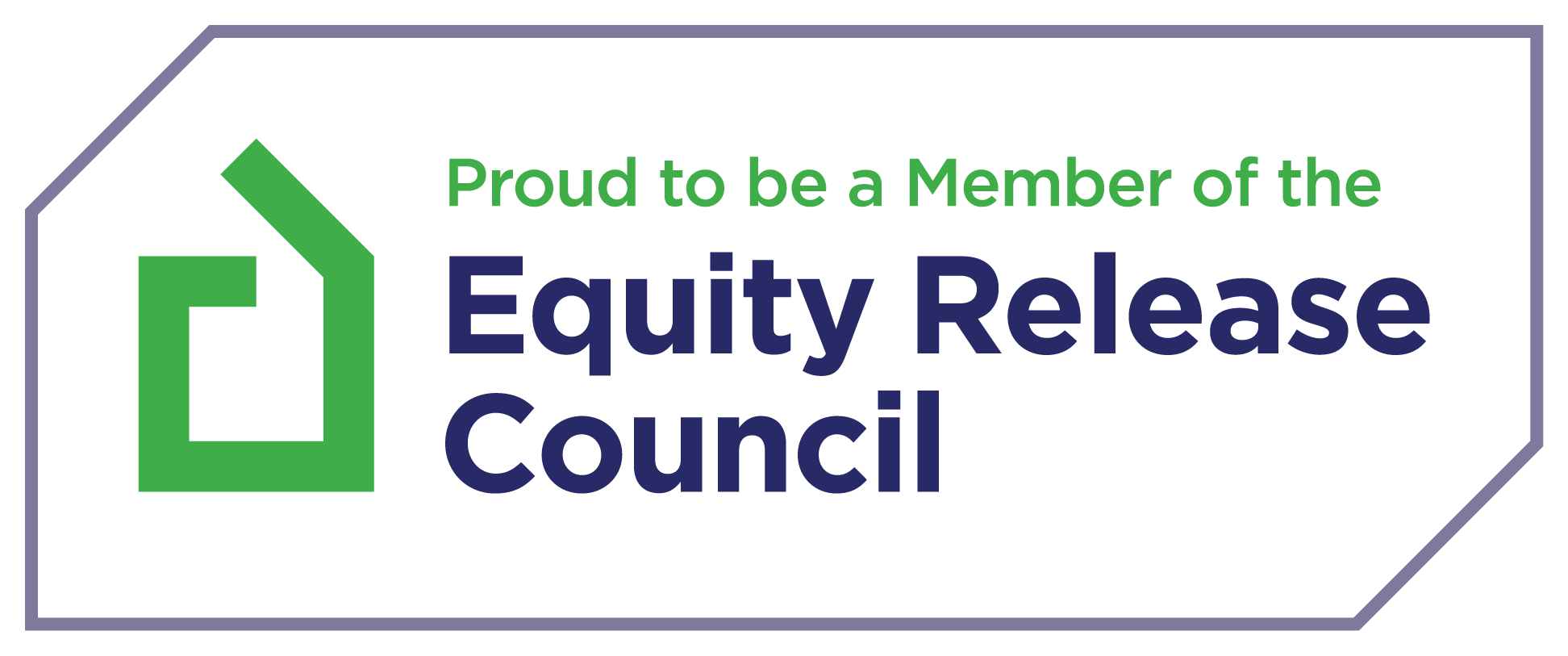What is equity release?
Let's look at the different types of equity release.
There are plans which allow you to make adhoc payments to the interest or capital, to reduce the impact of equity release on your estate.
* Equity release may involve a home reversion or a lifetime mortgage, which is secured against your property. To understand the features and risks, ask for a personalised illustration. Equity release requires paying off any existing mortgage. Any money released, plus accrued interest would be repaid upon death, or moving into long-term care
Why have equity release and lifetime mortgages increased in popularity in recent years?
Property prices may have fluctuated over the years, but it’s still likely that your home is your biggest asset and may be worth considerably more than you first paid for it. This could mean that you have a sum of money locked into the value of your home that’s worth more than your savings and income.
Releasing equity from your property could allow you to fund future plans.
- The Financial Conduct Authority (FCA) regulate all lenders for peace of mind.
- Plans are flexible to suit your personal needs.
- With a Lifetime Mortgage, you’ll still own your home and may benefit from future rises in its value.
- You can relax knowing you’ll never pass on debt to your estate.
- You can choose a portable plan if you wish to move house in the future, depending on lender criteria.

People decide to use equity release for a number of reasons, here are some important things to consider...
1
While most people I speak to feel at home in their property and don’t want to move, it’s worth remembering that moving to a cheaper property could be an alternative to equity release.
2
3
4
It’s possible that the extra funds made available to you by equity release could affect your entitlement to any means-tested state benefits, which you may receive now or in the future.
A step by step guide to releasing equity.
Do you qualify?
Do you own your own home and is the youngest homeowner aged 55+? If ‘yes’, you are likely to qualify, even if you have a standard mortgage or loan secured against your property. However, you will have to pay this off with the money you receive from your equity release plan.
Is equity release the right option for you?
To find out, get in touch for specialist whole of market advice. I’m happy to talk you through the many plans available and look at the best plan for you with a free, no-obligation written quotation. This will allow you to make an informed decision.Browse our partner-sponsored Glasses, with a variety of options to suit every taste and budget, available to buy online
Fill in the application form.
If you decide to go ahead, I’ll talk you through the application form. Once you’ve completed this, I can arrange to pick up all the documents we need from your home. I’ll then oversee your application until it completes, keeping you informed at every stage.
Select a Solicitor.
I recommend selecting a solicitor who specialises inequity release. They may cost less than a non-specialist, and as experts in this field, may help complete your case more quickly.
Receive your money.
Most equity release applications take up to 8 weeks to complete. However, I will do all I can to keep this wait to a minimum and make sure the funds clear in your bank account as quickly as possible.
We have a series of resources available, for free, to help you.




